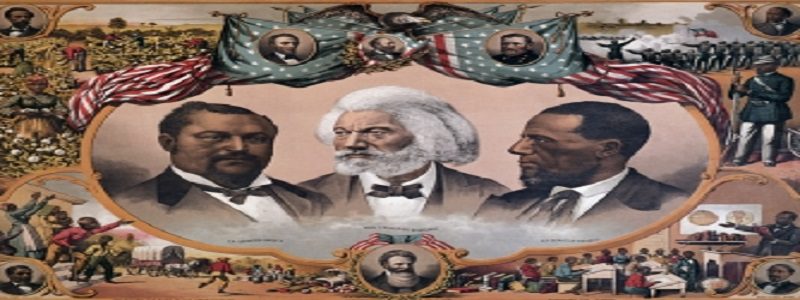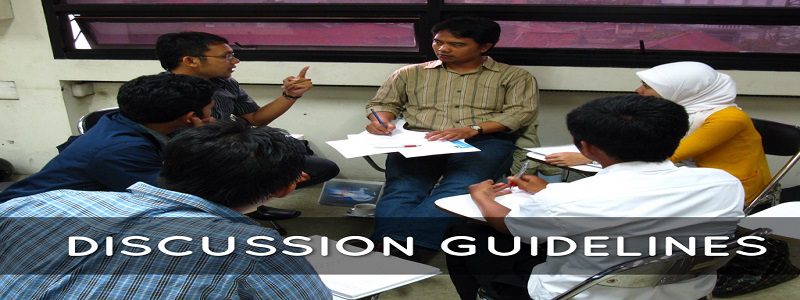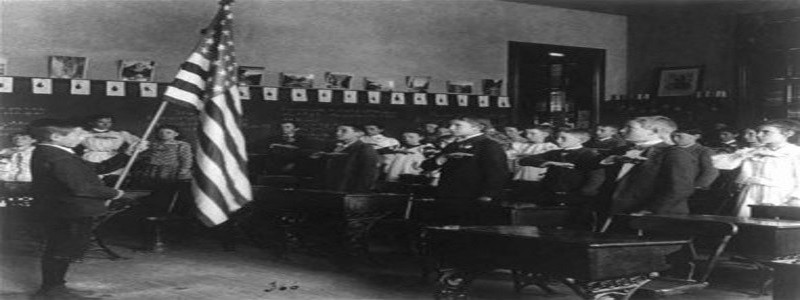Video in on Table Debates on the Reconstruction Era, Part 2
This video-based isolation and analysis of six elements essential to the effective performance and implementation of classroom debating picks up from the prior Debatifier post (part 1), which covered three of the six:
1 . Organized, discrete argumentative claims
2 . Authoritative administration of simultaneous debating
3 . Responsive refutation
Video in on Table Debates on the Reconstruction Era, Part 1
Oftentimes, the best way to investigate a teaching method or pedagogical approach is visual, via video.
The Helen C. Peirce School of International Studies, a K – 8 school in Chicago’s Edgewater neighborhood, conducted an ACE-supported argument-based project on the Reconstruction Era (1865 – 1877), following the Civil War, in their 7th grade Humanities classrooms last spring. Thanks to the immersive-learning and naturally-skilled guidance of lead teachers Ryan Lambert and Tiffany Brugman, the unit culminated in a series of very successful classroom debates. The issue that organized unit content instruction, and that formed the basis for the classes’ argumentation, was this:
Did the Reconstruction Era move African-Americans substantially closer to obtaining equal rights and freedoms?
Teens’ Social Media Use, the Argument Assembler, and Large Groups
Ninth grade social science classes at one of Argument-Centered Education’s partner high schools ended the school year conducting a rather fully developed argument-centered project on teens’ social media use. The debatable issue:
Teens social media use makes teens less social.
There was an interest in closing the year with a project that brought together strands of academic argument studied and practiced during the year with a topic that students would find appealing, perhaps a little entertaining, and with which they’d already be familiar. Since teens are purported to spend nearly nine hours a day on social media according to a 2015 study by the organization Common Sense Media (!), this debatable issue has the familiarity criterion covered.
Teaching the Debate About Patriotism (Pt. 2)
[To read part 1 of this essay, click here.]
Teaching the debate, whether over patriotism or any other contested political topic, seems to me fundamentally more democratic than “teaching for social justice” where democratic controversy may be advocated but not enacted and modeled. But teaching the debate is not only more democratic, but more likely to clarify the mysteries of the intellectual world for those many students to whom phrases like “teaching for social justice” are unintelligible academic jargon. There is something misplaced, after all, about attempts to introduce radical intellectual positions to students who have not yet learned the practice of taking “intellectual positions,” students who have not learned to enter an intellectual discussion and have a shaky grasp of basic political terminology like “radical,” “conservative,” “left,” right,” and “center.”






